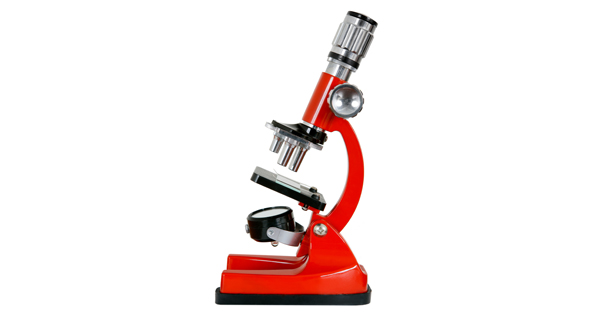

Question: What is your response to: “A role for milk proteins and their peptides in cancer prevention”, by PW Parodi (Current Pharmaceutical Design 13: 813-828, 2007).
Answer: This paper is a classic illustration of scientific reductionism that creates more confusion than clarification. It starts by stating that the “most reliable approach to establish a causal relationship [between diet and disease] …is…a randomized control trial.” My view is exactly the opposite. A randomized control study design focuses on one factor, one outcome and generally one mechanism at a time. This is not nutrition; it is pharmacology (is this why it was published in a pharmaceutical journal?)
In the introduction to the paper, the author also trashes the correlations-based ecological study design, stating that “correlations tell nothing about [diet and cancer associations]”. It is true that nothing conclusive about causation can be established because of the way that these studies are done but this criticism depends on the assumption that investigators are trying to identify single factor causation, again defying what nutrition is. The fault line in these studies is the formulation of hypotheses. If these hypotheses are formulated to truly reflect the wholistic characteristic of nutrition where multiple nutrients, biomarkers, and outcomes are simultaneously measured, then assessing causation is much more reasonable.
After reading these first few basic assumptions in this paper, the rest of the paper amassed a huge list of observations drawn from narrowly focused, reductionist studies that are trivial, oftentimes contrasting and very confusing. Among the many observations cited in this paper, it is possible to select some to make almost any hypothesis. On this same point, it is also possible to create studies that will show whatever results are desired, especially when these studies are far removed from the whole body and whole environment context. In our research, for example, we showed that, under selected conditions, we were able to show a carcinogen to be an anti-carcinogen.
I am not opposed to doing reductionist experiments. Indeed, we did a lot of such experiments and published the results in the very best scientific journals. We worked on the details of carcinogen metabolism, used single nutrients (casein, selected antioxidants, etc.) in intervention studies (similar to randomized clinical trials) and often focused on one outcome (primary liver cancer). The difference is that we tried not to make global conclusions unmindful of the far larger context. As we proceeded from study to study in our research, we sought an ever wider context and attempted to define nutritional principles that were consistent within this wider context. These principles arose from a variety of studies involving multiple nutrients, multiple mechanisms, and multiple outcomes. We also used more than one species (rats, mice, humans) and looked for consistency between different types of experimental study designs. Only by doing this could we establish reliable principles that had breadth and depth.
As to other concerns with this paper, the writer completely omits the dozens of research papers on protein and cancer from our laboratory that were funded by NIH, published in the best journals and used to illustrate the larger context. Not surprisingly, the author omitted extensive findings on casein showing effects that substantially oppose the alleged casein benefits that are cited (n.b., the writer operates within the dairy industry). The author also makes no mention of the conclusion of a 1982 diet, nutrition and cancer report of the National Academy of Sciences, the first major report of its kind, that increasing dietary protein from 10% to 20% of total energy is associated with increasing cancer risk, another observation that is opposed to the writer’s views.
In summary, I strongly believe that this paper illustrates extremely well what is wrong with biomedical research. It chooses an isolated association of protein and cancer, selects supporting evidence — all reductionist — and ignores both the contrary specific evidence and the extensive evidence concerning other disease outcomes. That is, it assembles highly reductionist findings to support a hypothesis on casein (thus dairy) that omits a huge body of evidence that gives context.
Copyright 2026 Center for Nutrition Studies. All rights reserved.
Deepen Your Knowledge With Our
Plant-Based Nutrition
Certificate
Plant-Based Nutrition Certificate
- 23,000+ students
- 100% online, learn at your own pace
- No prerequisites
- Continuing education credits











